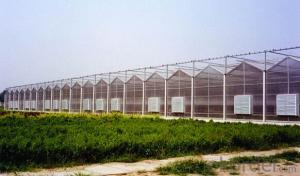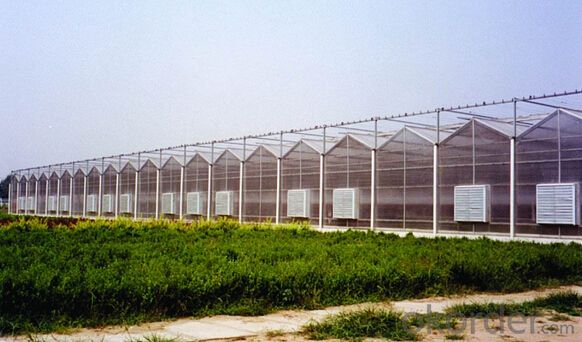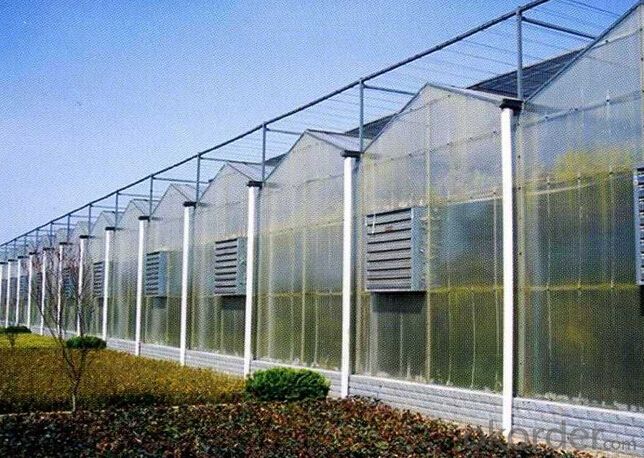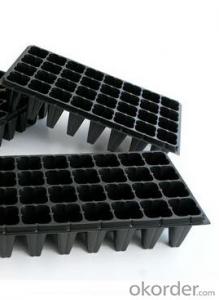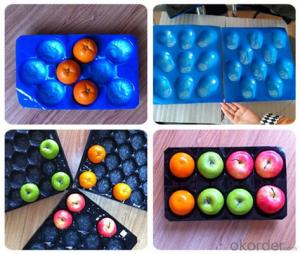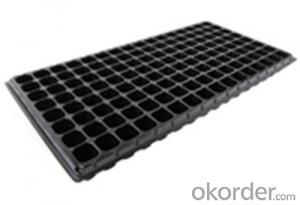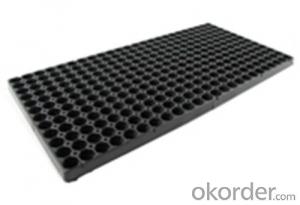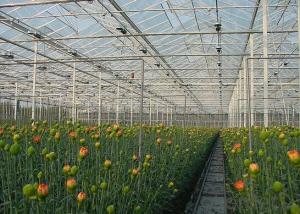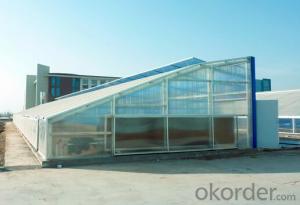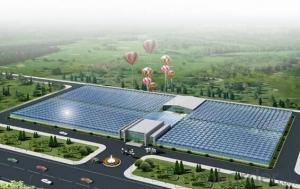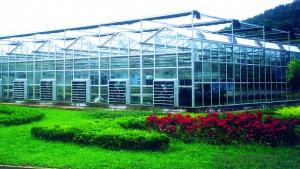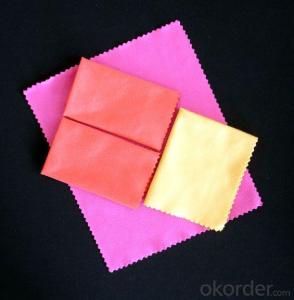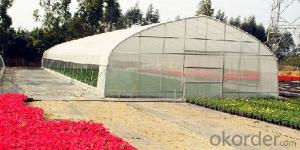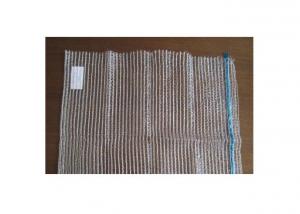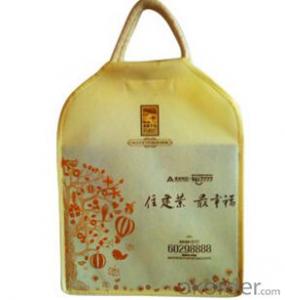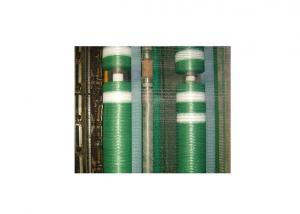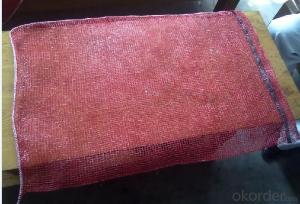Glass Sheet Greenhouses for sales with low price
- Loading Port:
- Shanghai
- Payment Terms:
- TT OR LC
- Min Order Qty:
- 10 set
- Supply Capability:
- 10000 set/month
OKorder Service Pledge
OKorder Financial Service
You Might Also Like
Introduction:
Covering Material:
Scattering Glass( Single-layer)
Scatering Glass is a kind of newly designed glass which is specially treated on the surface and structure and it can divide the direct light into smaller beams of light with different directions. It increases the light transmitance and uniformity in the greenhouse and decrease the shadow area of greenhouse structure effectively. The light transmitance of scattering glass is more than 97.5% and it can increase more than 15% production.
Feature:
The greenhouse covering materials in our company include glass, PC sheet, PE film, available on the greenhouse roof and side wall. They can be used on the Single-span or Multi-span Greenhouse and Tunnel Greenhouse.
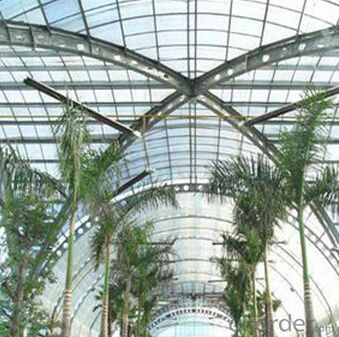
Specifications
1. Thickness:4mm-10mm
2. Regular width:1220mm 1560mm 1820mm 2100mm
3. Length:can be customized
4. Color:Clear,Blue,Green,Brown,Opalescent and so on.Special colors and specification can be customized.
FAQ:
1,HOW TO CHOOSE THE SUITABLE SHEETS FOR US?
If you are not sure that which kind of sheet that you will use,you can contact us,and tell us your application,our sales will introduce the suitable sheets for you,and we will give you more information about the sheets
2,WHAT'S THE PRICE OF THE SHEETS?
Please contact us,and inform your sheets' thickness,size,quantity and other requirements,our sales will quote our best price to you.Also you can send us your project detail drawing,we will check and quote to you.
- Q: I have a few shirts that I wanna send my brother and his girlfriend in germany and I was thinking about sending it in one of those plastic bag type envelopes, simply because they're lighter and therefore cheaper to ship. My question is if it's ok to ship in that typ of packaging to germany or if it would be a problem (even though I'm from there I don't know what their packaging requirements are). Plus I don't know if it would rip easier than a package. What do you think?Thanks
- It should be perfectly okay if you wrap the shirts in some wrapping paper and then pack it into an envelope, preferrably with bubble wrap on the inside. It's not the USPS that treats envelopes badly, but rather European customs. For shirts and stuff that cannot break, a paper-and-plastic envelope will probably do, but I received more than one CD from the US wrapped in just a paper envelope with a broken case and a green stamp customs cleared / Frankfurt am Main clearly visible. Who stamped that, Dumbo the Elephant? I know that on international mail, weight is vital, but NEVER save on the wrappings.
- Q: What are the advantages of using plastic crates for harvesting and storage?
- There are several advantages of using plastic crates for harvesting and storage. Firstly, plastic crates are lightweight, making them easy to handle and transport. They are also durable and resistant to weather conditions, ensuring they can withstand outdoor use and protect the harvested goods. Additionally, plastic crates are stackable, maximizing storage space and facilitating efficient organization. They are also easy to clean and maintain, ensuring hygiene standards are met. Lastly, plastic crates are reusable, providing a cost-effective and sustainable solution for long-term use in harvesting and storage operations.
- Q: I know how hard it is to recycle plastics, like bags and bottles and such. DO you think there is an efficent and economical way to partially melt or adhere plastics together to make like commerical fenceposts, bricks, or wall materials with out harmful side effects, leeching, high energy output to make them? If we were to just walk around gathering plastic bags, bottles and other stuff that clogg landfills and take hundreds of years to decay is this s resource we could scientifically use for building material?
- it takes too much energy to compact simple plastics such as those into harder plastics that emulate eurothane plastics like in the materials your describing. its just not very practicle, sry.
- Q: What are some differences in metals and plastics?
- Plastic is a petroleum based synthetic material that does not occur in nature. In other words, totally man-made. Metals are naturally occurring materials that can be mined from the earth in elemental form like iron, silver, gold, etc.
- Q: How do nursery trays help with plant propagation?
- Nursery trays provide a controlled environment for plant propagation, offering protection and support to young plants. They help with the organization and efficient use of space, allowing for easy monitoring and watering. Additionally, nursery trays enable the proper development of roots, promote uniform growth, and simplify transplanting processes.
- Q: What is the purpose of a nursery tray?
- The purpose of a nursery tray is to provide a controlled environment for germinating and growing seedlings or young plants. It helps to keep the soil moist, provides adequate drainage, and allows for easy transportation and organization of multiple plants.
- Q: what's the altirnative for minimizing the danger of plastic?
- Actually, other than potential imediate threats like a bag leading to asphykiation, or can rings snaring birds, or something leaching out. Plastic really does the same thing in soils that rocks do- take up space, contribute or impede percolation, etc. Not that plastic is good, but if you were to shred up say a plastic bumper cover off a car to pea size particles- you could incorporate them into the soil to do much the same thing as rock does only with less density.
- Q: Do nursery trays come with a humidity meter?
- No, nursery trays typically do not come with a humidity meter included.
- Q: How do you prevent leggy growth in nursery tray seedlings?
- Leggy growth in nursery tray seedlings can be prevented by providing adequate light, preferably a full spectrum grow light, to ensure they receive the necessary amount of light for proper growth. Additionally, maintaining proper spacing between the seedlings and avoiding overwatering can help prevent leggy growth.
- Q: Do agricultural plastic products have any adverse effects on soil health?
- Yes, agricultural plastic products can have adverse effects on soil health. These products, such as plastic mulches, films, and drip irrigation systems, can lead to issues such as reduced water infiltration, poor aeration, and increased soil erosion. Additionally, the accumulation of plastic residues in the soil can hinder microbial activity and nutrient cycling, negatively impacting soil fertility. Proper management and disposal of agricultural plastics are essential to minimize their adverse effects on soil health.
Send your message to us
Glass Sheet Greenhouses for sales with low price
- Loading Port:
- Shanghai
- Payment Terms:
- TT OR LC
- Min Order Qty:
- 10 set
- Supply Capability:
- 10000 set/month
OKorder Service Pledge
OKorder Financial Service
Similar products
Hot products
Hot Searches
Related keywords
